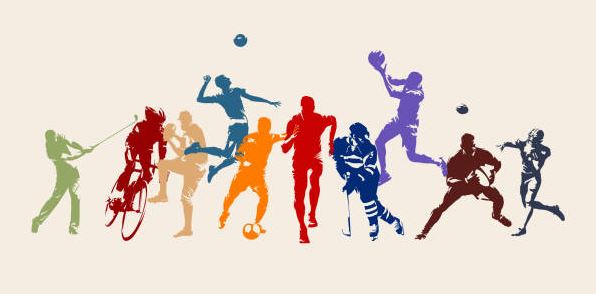By Charlie Teljeur
While it’s said that wisdom comes with age, an important caveat to that is that growing older doesn’t automatically translate to growing wiser.
The implication being that with age comes experience, and with that experience comes insight, and that insight can only be arrived at by revisiting any previously held beliefs you might have had.
In other words, the only way you truly gain wisdom is by challenging what you thought to be true (or false) and seeing your biases for what they are. This doesn’t necessarily mean that you were wrong in the past, but you must be willing to objectively examine the very things that you once believed.
For most of us that means voluntarily attacking our absolutes, ergo the things we tend to protect at all costs, and for most of us that’s an uncomfortable thing to do because we don’t like being wrong.
My initial love for sports started in the late 70s.
Back then the criteria for what I liked could be based on nothing more than the number on a jersey or the colour of a team’s uniform. It wasn’t really based on anything substantive and, because of that, my adoration for a team or a player or a sport was essentially an irrational endeavour.
A 12-year-old’s choice in anything is impulsive and shallow to say the least. That’s not a bad thing; it just needs to be seen for what it is: an adolescent’s simplistic view of the world.
Ask yourself what first connected you with a sport or a player and I think you’ll find something very similar. Perhaps it was a parent’s passion for a team that was automatically passed onto you, or one golden moment in your eyes that made you into a lifetime fan of a certain athlete.
The first player I idolized was the Toronto Maple Leafs’ Mike Pelyk. Why? Mainly because he wore the number four. My brother John was a fan of Dave Keon and, despite Keon’s obvious talent advantage (which I started to see as I got older), I would still get in arguments with my brother as to who was the better player.
This doesn’t mean I’m not allowed to be a fan of a “lesser” player but my bias at the time wouldn’t allow me to move off my position even if I had wanted to. Once our fundamentals are set – particularly when it comes to something as emotionally-irrational as the love for a particular player – we’ll do anything to not have that assertion challenged and that obstinance can lead to a lot of adversity later in life.
What’s put all of this on the front burner at this point of my life, is the number of sacred cows I’ve been slaying lately, and when I say “lately” I mean over the last 10 years or so. I see things differently now and I’m quite amazed at how adamant I’ve been in believing certain things simply because I had held a strong opinion about them for so long.
Among my long-standing sports absolutes: NHL expansion into the American south is just wrong; adding a second referee will be a confusing disaster; the DH rule is not good for baseball; curling is not a real sport; NCAA Football holds no appeal; I don’t like the Buffalo Bills; and Brad Marchand is completely unlikable.
What I came to realize about the above is that some southern US expansion has been really good for the game; adding a second referee is simply an adaptation to a much faster game; the DH rule is much better than watching pitchers taking anaemic at-bats; curling can be very watchable; so can College Football; I actually love the Buffalo Bills (especially given my growing affection for underdogs); and Brad Marchand is really only hateable because he doesn’t play for my team.
Rest assured, not all of my opinions have changed after being thoroughly scrutinized.
The shootout has always been, and still is, a bad idea (what’s so wrong with ties?); the NFL’s overtime format has always been terribly flawed (they need to give both teams a chance to possess the ball.); and Atlanta doesn’t deserve another shot at an NHL franchise nor does Arizona (some ideas are just bad from the outset).
You’ll find that confronting your biases, in sports and beyond, is very liberating.
You begin to see how we all tend to get tied up in a time and a place, and how we hold to these truths for all we’re worth. They’re just evidence of who we were at one point and not necessarily of who we’ve become, and adamantly holding tight to the opinions of an erratic 12-year-old isn’t a great starting point on the road to wisdom.


